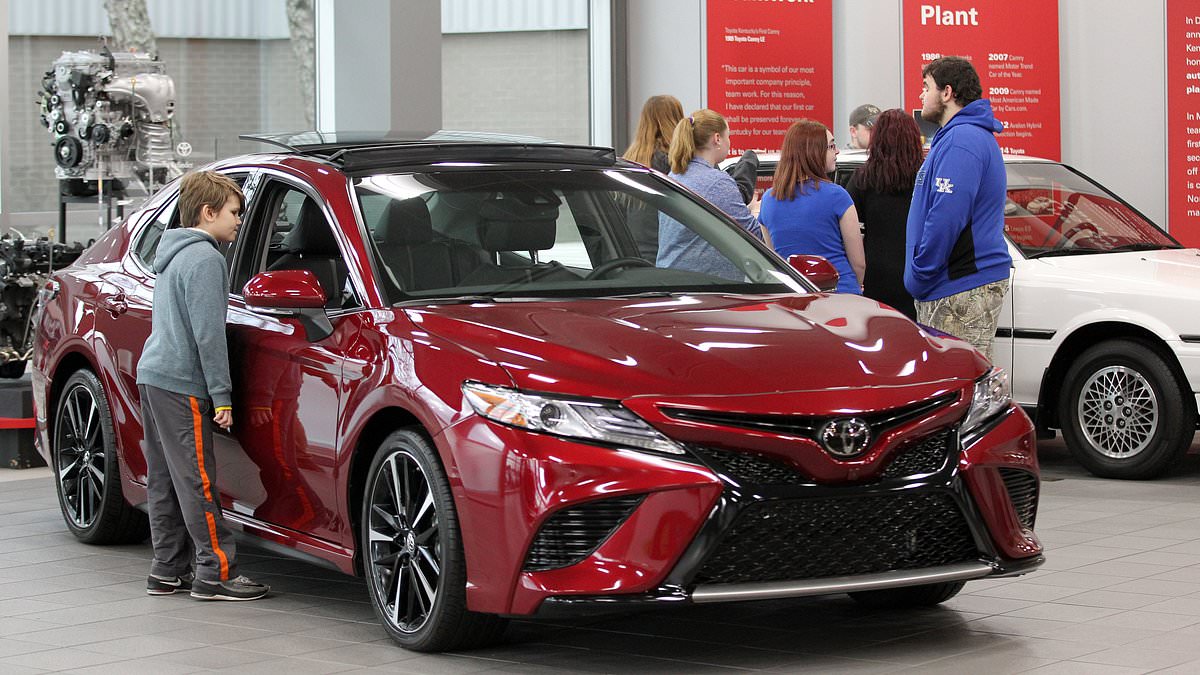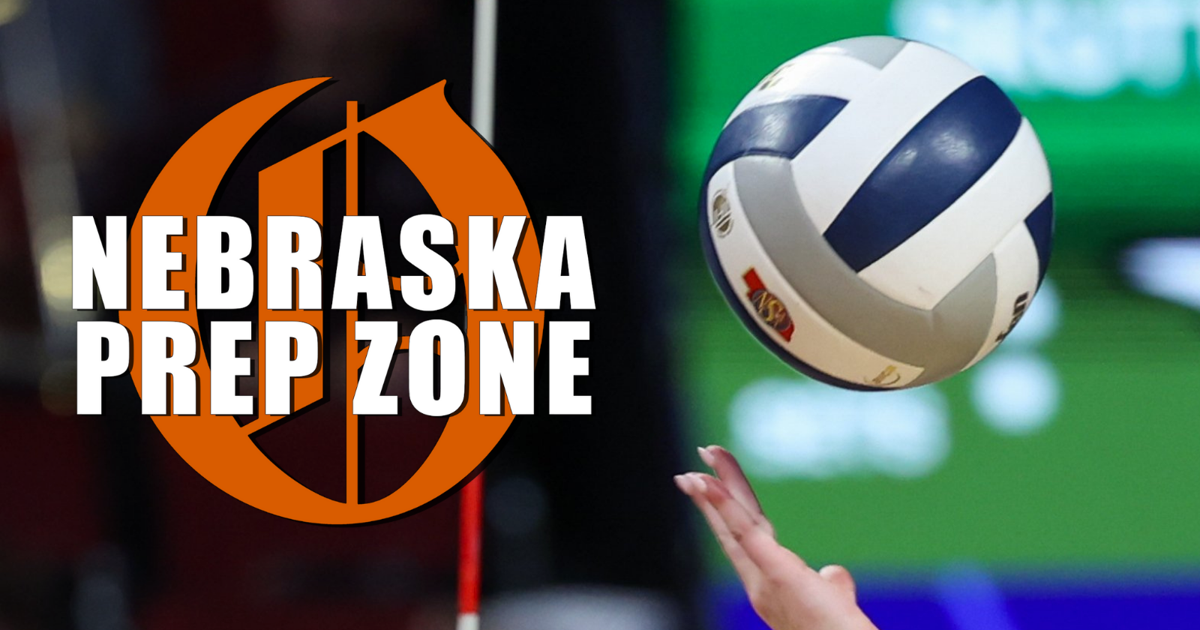Auto giant’s collapse sparks recession fears in haunting parallel to 2008 crash: ‘Canary in the coal mine’
By Ben Shimkus,Editor
Copyright dailymail

Auto giant’s collapse sparks recession fears in haunting parallel to 2008 crash: ‘Canary in the coal mine’
READ MORE: Sports car are dying – I checked the pulse of three survivors
By BEN SHIMKUS, US CONSUMER REPORTER
Published: 03:19 BST, 30 September 2025 | Updated: 03:24 BST, 30 September 2025
Another auto company bankruptcy has set alarm bells ringing that the US economy could be heading toward a repeat of the 2008 financial meltdown.
This time, the trouble isn’t mortgages — it’s car loans, which have never been bigger at $1.7 trillion. That’s not as high as home loans were in 2008, but experts warn it could be enough to trigger a domino effect reaching mortgages.
More Americans are stretched thin, earning less in real terms and struggling to make ends meet — forcing lenders to hand out riskier loans just to keep car sales alive.
Millions are already behind on subprime car loans, which experts say could be the first warning sign of broader debt problems — and eventual mortgage defaults.
The warning signs are stacking up. First Brands — a manufacturer of filters, brakes, wipers, and lighting systems — filed for Chapter 11 bankruptcy on Sunday night.
Its collapse comes just two weeks after subprime auto lender Tricolor Holdings went bankrupt and shut down, and follows June’s Chapter 11 filing by Marelli, a supplier for Nissan and Chrysler.
Experts told the Daily Mail that these bankruptcies are another part of an auto industry flashing danger signals that could spill into the broader economy.
Record-high car prices, ballooning consumer debt, and tariffs have analysts drawing comparisons to the run-up to the 2008 financial crisis, when banks flooded the market with risky housing loans that Americans couldn’t afford.
Car prices have spiked since 2019 – up 30 percent in the past six year – to a nearly $50,000 average price. That has driven owners into monthly finance payments north of $700 a mo
Erin Witte, the director of consumer protection, said low-income American families are ‘getting hit the hardest’ by spiking car prices and lack of regulation
The lot outside of Tricolor Holdings, a car company that sold subprime auto loans to Americans with poor credit, sits empty after the company declared bankruptcy just a week ago
Intimate real reason Nicole Kidman and Keith Urban have split
17.9k viewing now
Why this is truly the hospital that shames Britain
76.7k viewing now
Reeves plots VAT attack on private health to hit 8m families
2.9k viewing now
That year, 3.1 million Americans lost their homes to foreclosure, and the economy collapsed as consumer spending dried up.
Huge brands like Circuit City, Linens ‘n Things, and Boscovs shuttered stores while financial institutions Lehman Brothers, Bear Stearns, and Washington Mutual fell apart.
Today, the same dynamics are appearing in car loans, with lenders approving financing for buyers already stretched to the limit.
‘Low-income car buyers are getting hit the hardest right now,’ Erin Witte, director of consumer protection at Consumer Federation of America, told the Daily Mail.
‘In the Tricolor collapse, many borrowers suddenly lost access to their cars, their trade-ins weren’t paid off, and messy loan transfers could even lead to wrongful repossessions or damaged credit.
‘It shows just how fragile the auto finance market has become.’
While the $1.7 trillion in car loans is far below the $10.6 trillion in mortgage debt at the 2008 peak, it’s still the largest consumer debt category after mortgages and has been growing steadily.
‘The biggest issue is affordability,’ David Whiston, an analyst at Morningstar, told the Daily Mail. ‘And the big question mark is how much tariff costs will get passed to consumers.’
Car buyers have signed the dotted line on increasingly expensive deals – experts tell the Daily Mail they expect the average new vehicle price will spike back over $50,000 this month
The current automotive debt crisis reminds analysts of the 2008 recession, when unsecured housing loans forced families into foreclosure and popped the economy’s bubble
America’s favorite automaker is the latest to announce dealer-wide price hikes from Trump’s tariffs
Experts say high prices for cars will only be worsened by President Donald Trump’s 25 percent automotive tariffs.
So far, the automakers have mostly shielded customers from the import tax by eating billions of dollars in previous profits.
GM estimates it will pay between $4billion and $5billion this year, while Ford expects a $2billion hit.
But instead of raising sticker prices, they’ve absorbed the costs or cut jobs — even as vehicle prices have already soared 30 percent since 2019.
Even without tariffs, the cost of owning a car has already driven Americans into record debt.
The average new vehicle now sells for $49,968, which means buyers have typical monthly payments over $750.
More than one in five pay more than $1,000.
‘Average new vehicle prices have been flirting with the $50,000 mark for the last year,’ Kevin Roberts, director of market and economic intelligence at CarGurus, told the Daily Mail.
Those costs are already leaving many drivers behind: 1.6million Americans lost their cars to repossession last year.
And the financial pain doesn’t stop once a car leaves the lot — repair prices jumped 15 percent in August.
Thousands of stores closed after the housing economy collapsed – as cash-strapped Americans struggled to spend money
‘Business is not sustainable longer term without significant price increases,’ Mark Templin, Toyota’s chief operating officer for North America, warned in May.
The outlook remains dire.
Carmakers are rolling out 2026 prices that keep climbing: Ford tacked $2,000 onto the price of their Mexican-made cars. Subaru issued a 16 percent price hike on a base model for 2026. Volkswagen followed suit.
Dealerships are piling on as well — 82 percent reported raising prices on their lots in an August, according to a survey by SuretyNow.
‘Business is not sustainable longer term without significant price increases,’ Mark Templin, Toyota’s chief operating officer for North America, warned in May.
‘And the industry already has an affordability problem.’
Consumer advocates say that affordability crunch is colliding with a lack of federal oversight.
The Consumer Financial Protection Bureau has scaled back its supervision of auto lenders just as the market grows more unstable, Witte’s agency noted.
‘Severe auto lending stress is a canary in the coal mine for large-scale economic problems,’ Witte wrote in a recent analysis.
‘The immediate outlook for auto finance and its impact on the broader economy is grim.’
If the trend continues, the fallout could ripple across the economy, threatening banks, investors, and ordinary Americans alike.
Share or comment on this article:
Auto giant’s collapse sparks recession fears in haunting parallel to 2008 crash: ‘Canary in the coal mine’
Add comment



